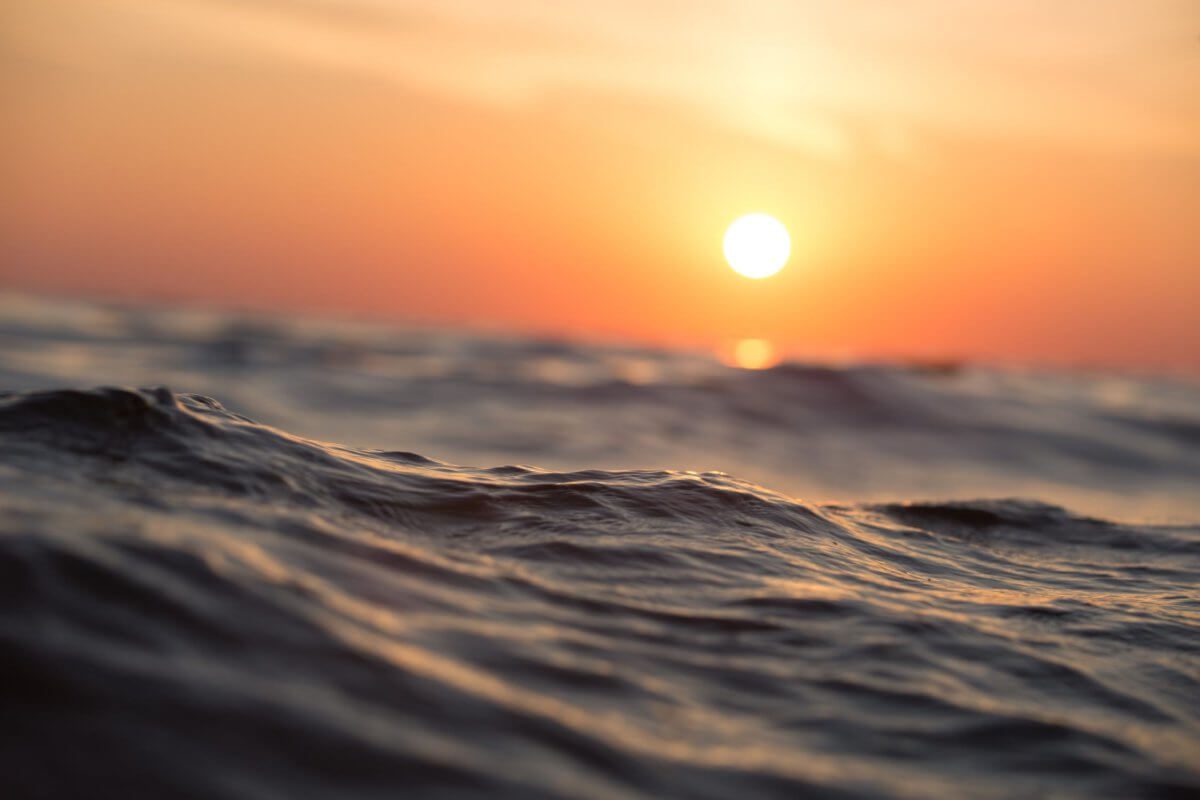Earlier this year, the Australian Government authorised a series of seismic tests along the NSW coast. Located between Sydney and Newcastle, the tests were undertaken in search of possible oil and gas reserves. While the mid-north coast isn’t alone in being targeted by the oil and gas industry, these particular tests have sparked significant debate. Are these searches threatening the future of our coastline?
You only need to look to events like the 2016 Bass Strait oil spill and the Gulf of Mexico disaster to see why many Australians are concerned about the prospect of increased drilling off our coastline. The threat of seismic testing itself is only now being realised. They can be just as dangerous for our marine ecosystems as the drilling itself.
Seismic testing involves using airguns to blast sound into the ocean. Upon penetrating the sea floor, it relays information about what is under the surface. Described by Greenpeace as ‘loud enough to kill a human’, these sound-waves travel through the water and whatever is living in the region has nowhere to escape.
While the process is described as low-risk by the oil and gas industry, conservationists and fishermen are worried. Instead, they believe that these tests might affect diverse groups of marine species, from whales to plankton. Furthermore, there has also been very little research on the impact of seismic testing and even what is known doesn’t seem to align with ‘low risk’.
Recent studies have found previous seismic tests have caused ‘physiological harm’ in scallop species in the Bass Strait. Conservationists in NSW have also highlighted that the 2018 tests could impact 22 threatened species in the Newcastle region alone. Many of these threatened species also support local fishing and tourism industries. For example, Port Stephens is one of the biggest whale-watching areas in NSW. Relying heavily on sonar to communicate and navigate, seismic testing puts migrating whales at risk.
There is increasing uncertainty about the future of oil and gas in Australia. Across the country, people are divided, and communities are protesting against continued gas and oil exploration. They are hoping to protect their local ecosystems. However, companies like BP and Asset Energy are determined to keep searching and the Australian Government continues to approve further exploitation. Across the Tasman, New Zealand has also been questioning the future of offshore oil and gas as well. However, banning all new exploration and mining permits as of April, New Zealand has been taking all the steps Australia hasn’t.
While Australia does undoubtedly rely on oil and gas economically, we must be careful that this doesn’t cloud our judgement. The seismic testing debate proves how little we really know about the impact of oil and gas exploration. With the risks to our coastline so high, we must be confident that any steps we take are the right ones.
We acknowledge the Ngunnawal and Ngambri people, who are the Traditional Custodians of the land on which Woroni, Woroni Radio and Woroni TV are created, edited, published, printed and distributed. We pay our respects to Elders past and present. We acknowledge that the name Woroni was taken from the Wadi Wadi Nation without permission, and we are striving to do better for future reconciliation.
